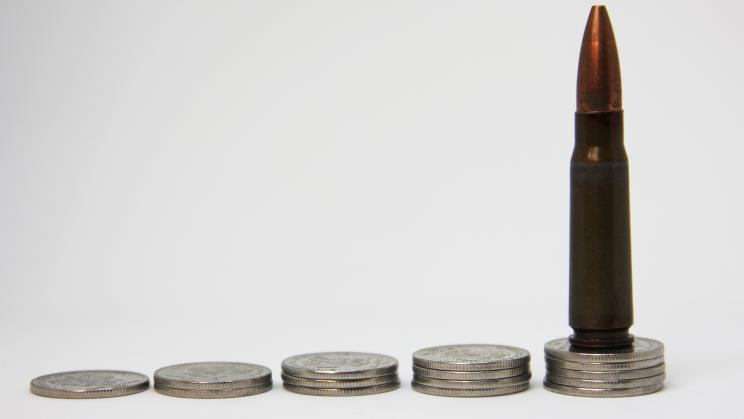
8 November 2022, 13:00–14:15 CET
After Russia invaded Ukraine, several European countries announced increases to coming military budgets. The war is likely to accelerate an ongoing upward trend in global military spending; in April, SIPRI estimated global military spending to reach $2.1 trillion in 2021, an all-time high.
The war in Ukraine also casts a shadow over recent efforts to revive discussions on reducing military spending. In 2020, the ‘Report of the United Nations Secretary-General on Women, Peace and Security’ set out the ambitious goal of reversing the upward trajectory in global military spending to buttress human security. The following year’s report elaborated on this goal, pointing out that military spending grew even mid pandemic.
These reports show that military spending is back at the forefront of disarmament efforts. The reports also reconnect a long-neglected link: the link between disarmament and development. This link is enshrined in the UN Charter but, as the ‘Securing Our Common Future’ agenda has observed, the development agenda has overlooked disarmament in recent decades.
Notwithstanding the challenges the war in Ukraine brings forth, its effects on the disarmament agenda are not foreordained. The conflict may hamper efforts to curb rising global military spending, but it may also serve as a catalyst for disarmament initiatives. This session will discuss the prospects of curbing global military spending in light of the war in Ukraine. It will bring together representatives of UN agencies, government officials and experts on the topic.
Moderator
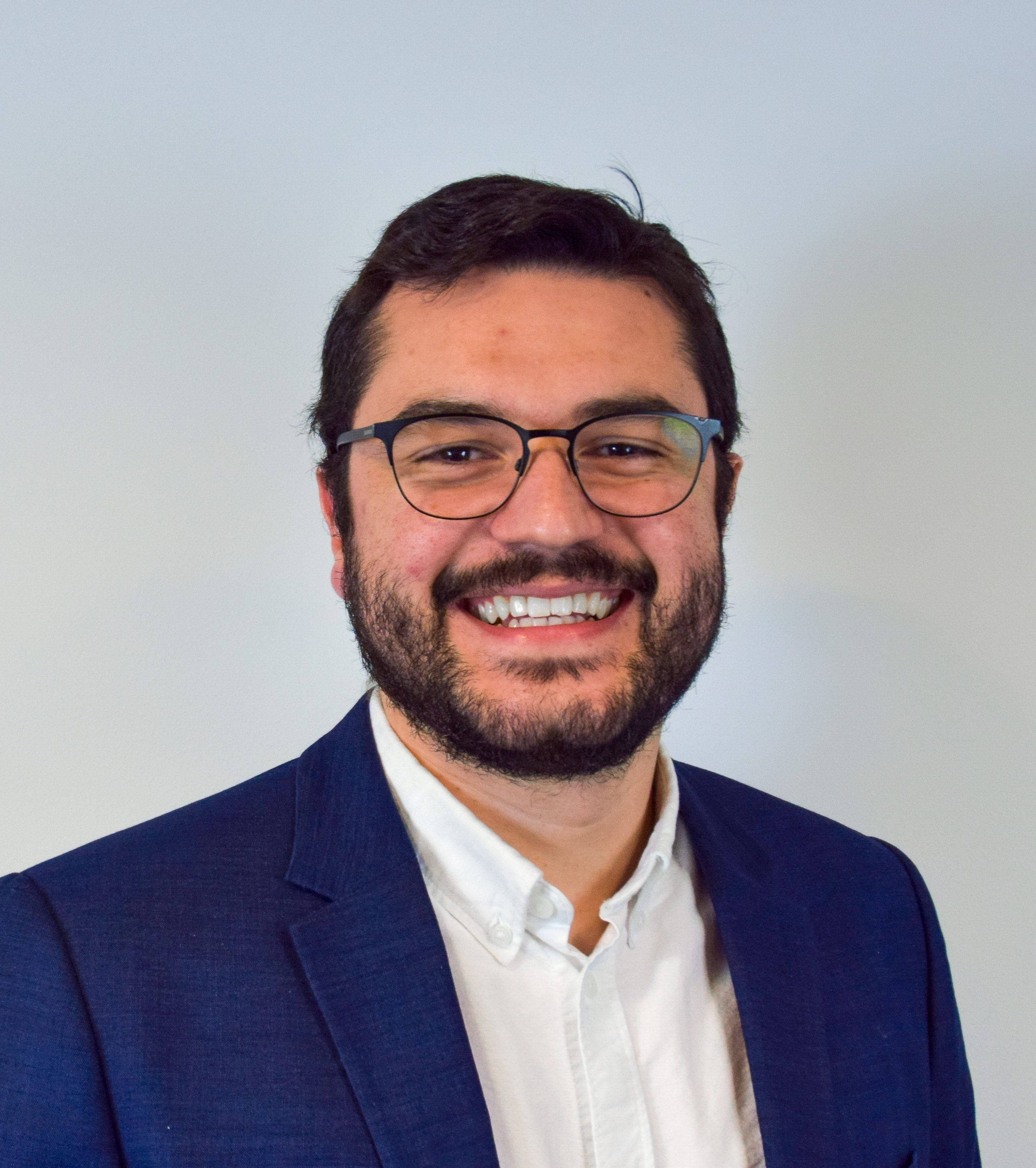
|
Dr Diego Lopes da SilvaDr Diego Lopes da Silva is a Senior Researcher with the SIPRI Military Expenditure and Arms Production Programme. He holds a PhD in Peace, Defense and International Security Studies from the São Paulo State University, Brazil. His current research concerns the interplay between institutions, political transitions and military spending. He has also published on the arms trade and arms production. |
Discussants
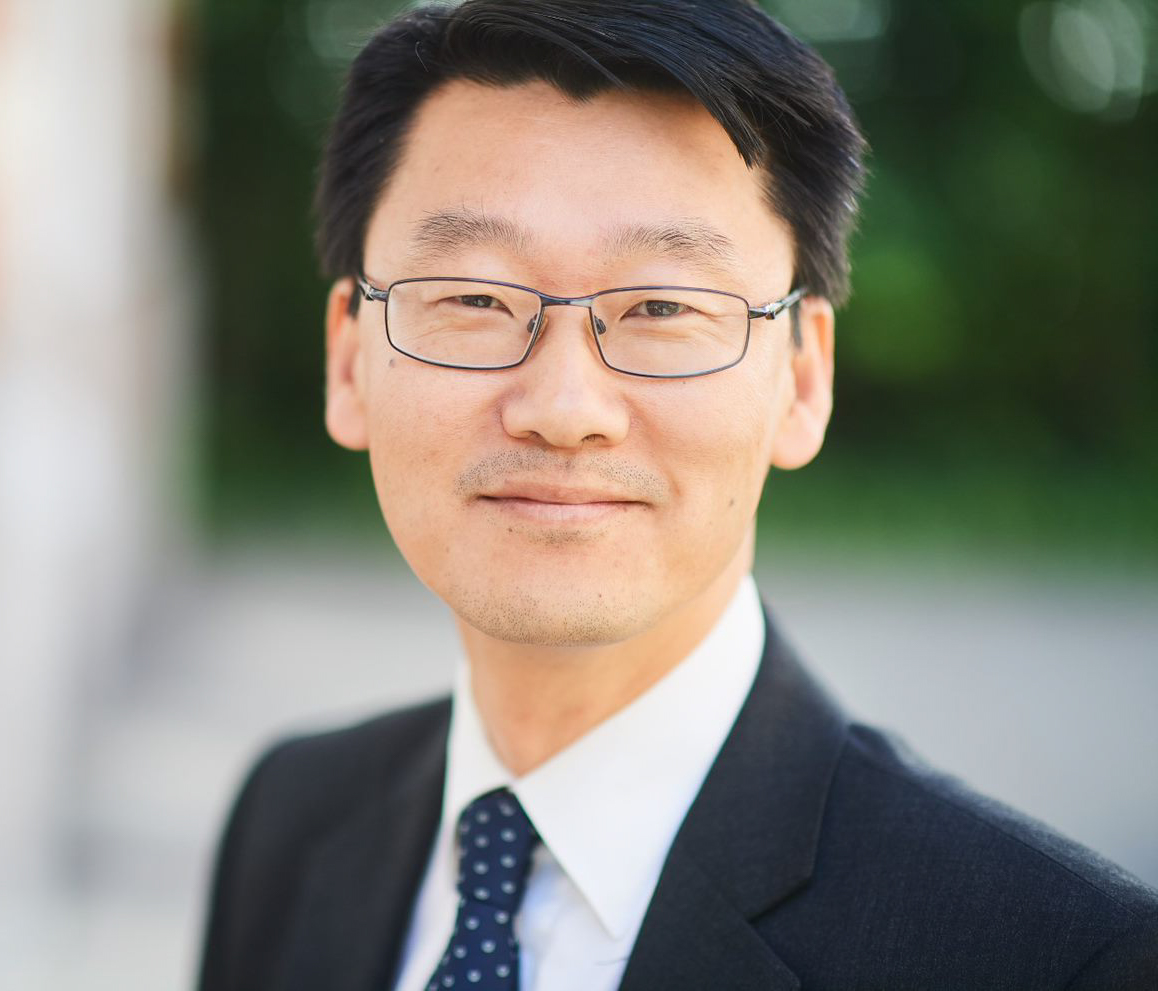 |
Dr Jan Joel AnderssonDr Jan Joel Andersson is Senior Analyst at the EU Institute for Security Studies, where he heads the analysis of European defence, including CSDP, Capability Development, Defence Industry and Technology & Innovation issues. Between 2017-2022, he was a member of the Chief Executive's Policy Office (cabinet) at the European Defence Agency, advising the CE on strategy and policy, and specifically on the EU defence initiatives (CARD, PESCO, EDF), and the defence & high-tech industries. Dr Andersson has also worked in the private sector for a world-leading crisis management consultancy and has held faculty appointments at universities and in Think-Tanks in the US, Sweden, and France. He has published widely on European and transatlantic security, capability development, and defence industry issues. Jan Joel received PhD in political science from the University of California at Berkeley. |
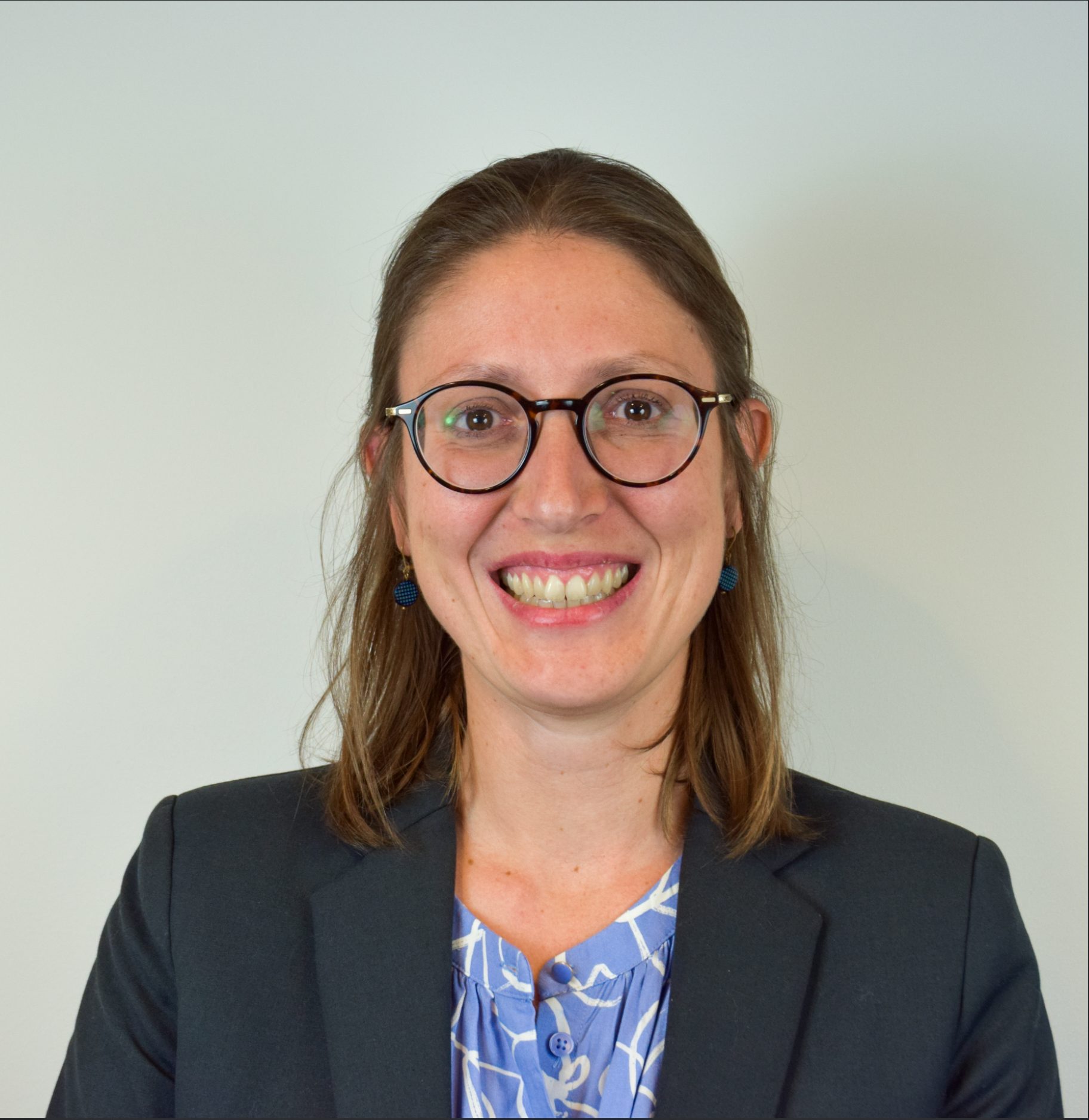 |
Dr Lucie Béraud-SudreauDr Lucie Béraud-Sudreau joined SIPRI in February 2020 as the Director of the Military Expenditure and Arms Production Programme. Her research interests focus on European and Asian arms trade, military spending and arms industry. Lucie was previously a Research Fellow for Defence Economics and Procurements at the International Institute for Strategic Studies (IISS) and an analyst at the French ministry of Armed Forces. |
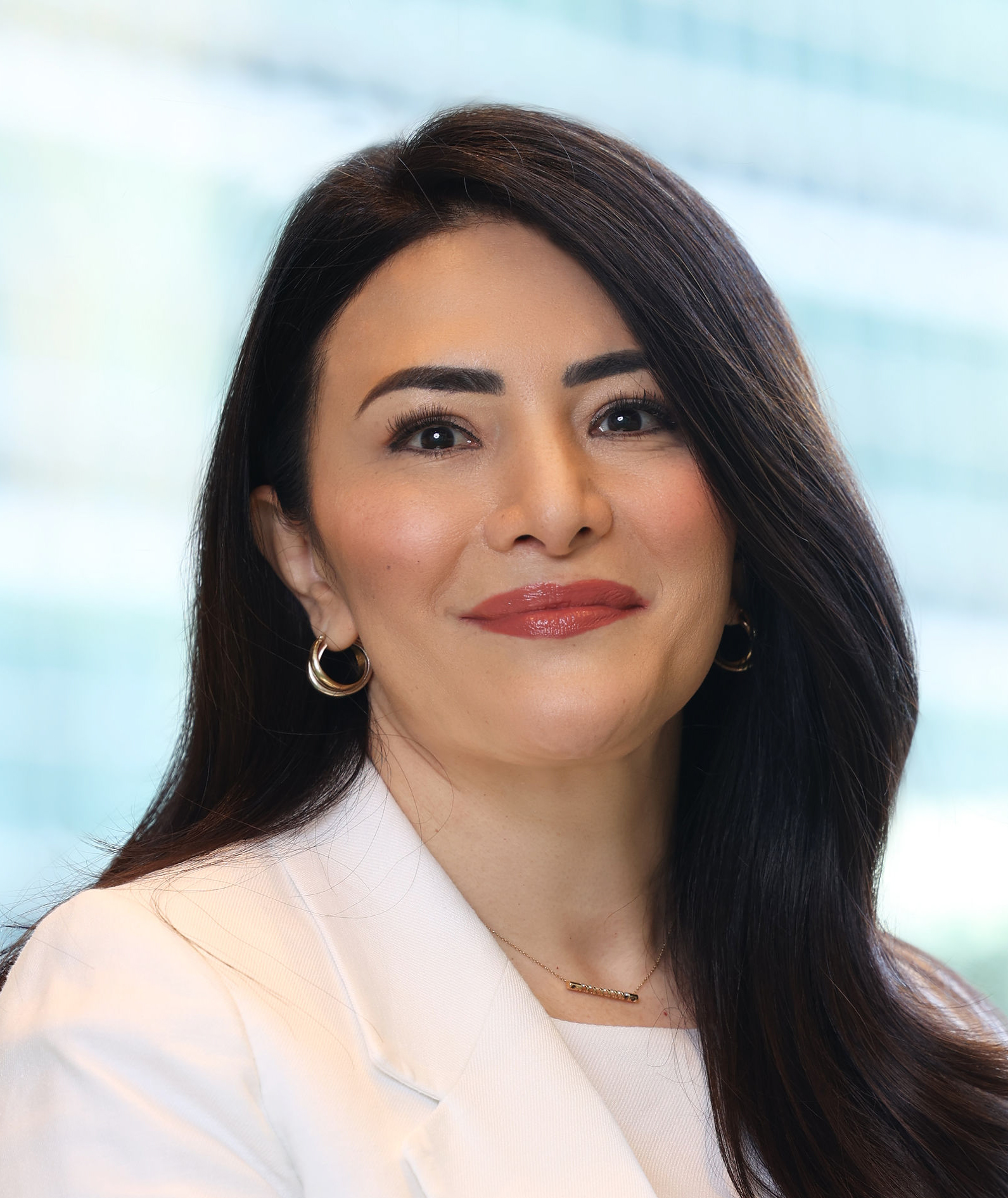 |
Maritza Chan ValverdeMaritza Chan is a Costa Rican career diplomat, academic, and activist. She is the first Costa Rican woman to be appointed Ambassador, Permanent Representative to the UN since Costa Rica signed the UN Charter in 1945. With more than two decades of professional experience at the highest political level, she has represented Costa Rica before the United States and multilateral organizations in both Washington D.C. and New York. Maritza Chan was Costa Rica's lead negotiator on the Arms Trade Treaty (2010-2015) and is currently Vice-Chair of the Open-Ended Working Group on Conventional Ammunition, aiming to establish a new global framework for the lifetime management of ammunition (2022-2023). She has published multiple articles on her negotiating experience in disarmament, non-proliferation, and arms control. She has vast connections with international and regional organizations, as well as civil society, research organizations, and academia. |
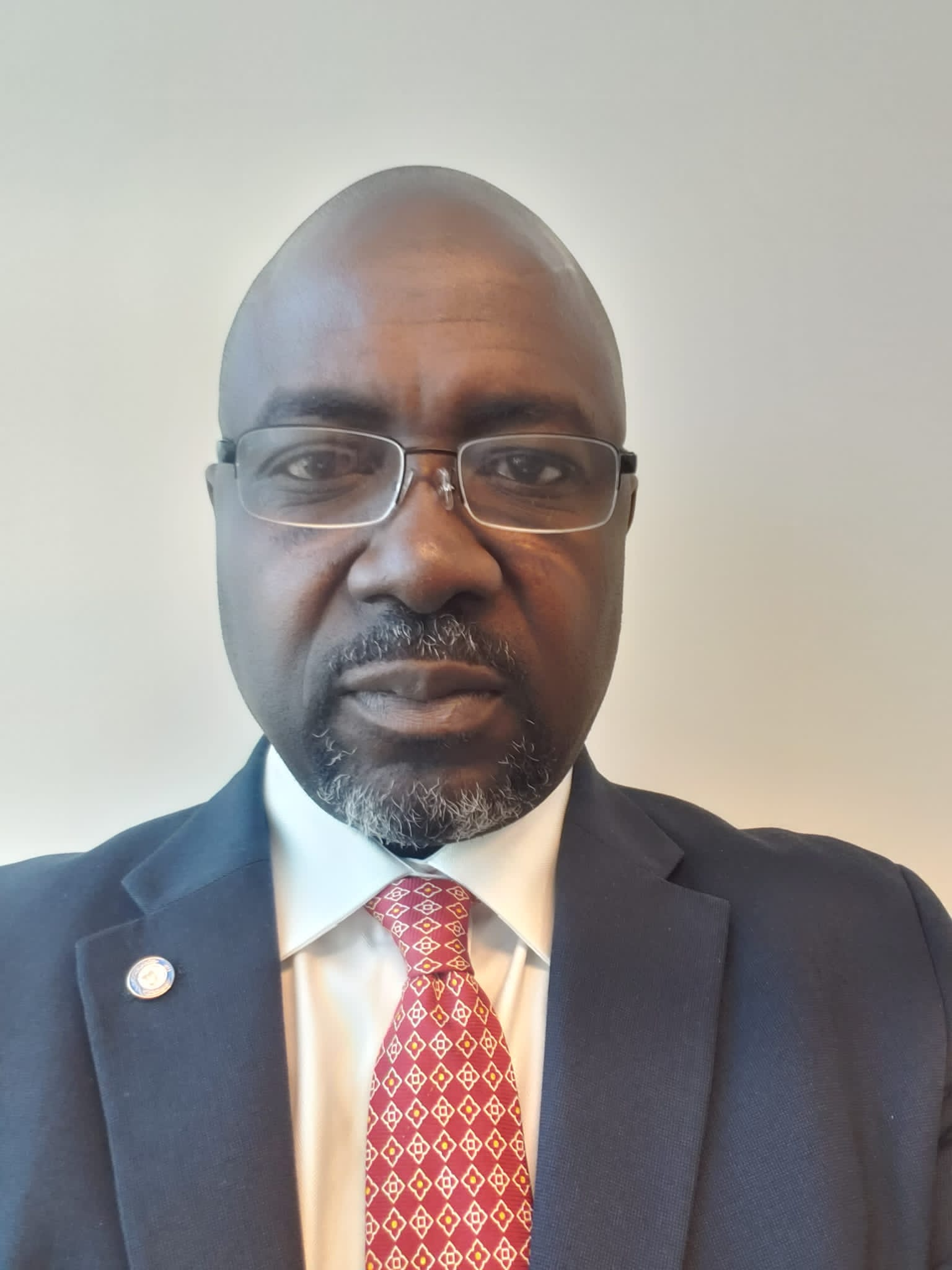 |
Adedeji (Ade) EboMr. Adedeji (Ade) Ebo is currently Director and Deputy to the High Representative, UN Office for Disarmament Affairs (UNODA). He was previously Chief of the Conventional Arms Branch, UNODA. He was the pioneer Chief of the Security Sector Reform (SSR) Unit in the Office of Rule of Law and Security Institutions from 2008 to March 2020 when he initially joined UNODA. Ade has also served as the Director of Political Affairs in the UN Office for West Africa and Sahel (UNOWAS) from 2017-2019; and Director of Political Affairs, UN Operation in Côte d’Ivoire (2015–2016); Ade is also a Visiting Professor at the School of Global Affairs, Kings College, University London. His latest publication is The United Nations and Security Sector Reform: Policy and Practice (co-edited with Prof Heiner Hanggi), Lit Verlag, 2020. He is an alumnus of the University of Keele, England (BA, International Relations), the London School of Economics and Political Science (MSc, Politics of the World Economy), and Bayero University, Nigeria (PhD, International Relations). Prior to joining the UN, Ade was a Senior Fellow and founding Head of the Africa Programme at the Geneva Centre for Security Sector Governance (DCAF) from 2003-2008. Previously, he was Associate Professor and the Head of the Department of Political Science and Defence Studies at the Nigerian Defence Academy. |